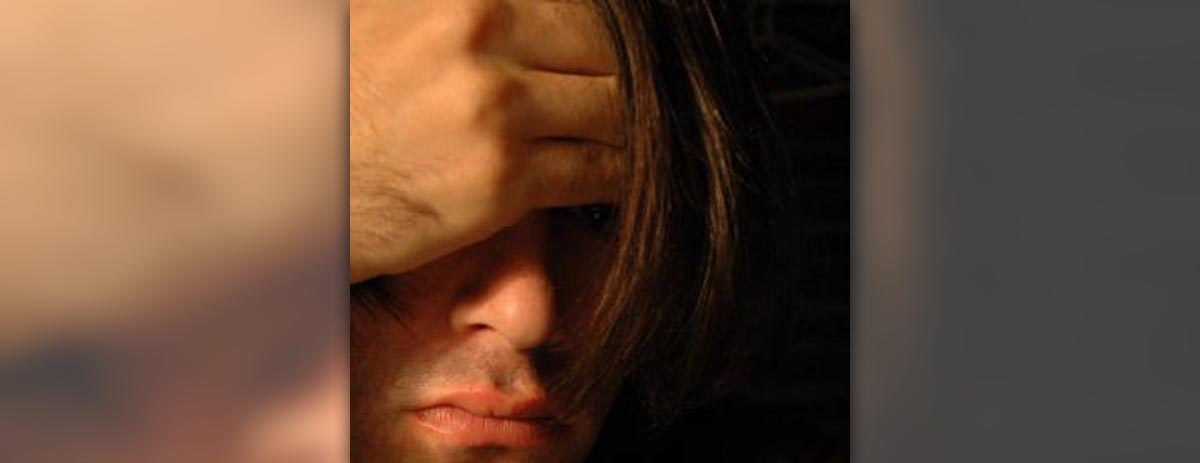
Facial and Forehead Acne
Farhead acne is highly stressful and visible ailment, that can be a major nuisance, but is treatable using various the methods, mentioned below.
A frequent skin issue, acne is caused by excessive production of an oily substance called sebum, which is created by glands under the skin called sebous glands. The substance they ooze out can, in combination with dead skin cells, cause surface skin pore clogging, which, once bacterial infection kicks in, creates acne. The forehead is very susceptible to acne, as it is in a facial region considerably oilier than the rest, called the T-zone.
As sebum production increases in the period of puberty, so does its accumulation within the pores of the skin. Once these pores get covered in dirt or dust, certain bacterial infections can occur, which lead to the creation of forehead acne. The fact all the pores in this region are relatively close to each other only speeds up this process. Pregnancy or menstruation can also trigger this process, as can genetic factors, mental stress, medicinal side effects and unhealthy dieting habits. Skin care and cosmetic products rouse the oil production, while the chemicals and oils present in various cosmetics and skin care products stimulate the oil secretion into the skin pores and often worsen the condition further.
Treating Forehead Acne
Home remedies are a possible solution for light cases of acne. Avoiding touching, scratching and picking at the acne is suggested to prevent scarring and injury. The face should be cleaned by applying a salicylic acid rich face wash, which aids in removing the pore blocking dead skin cells.
It is also important to exfoliate the skin with a gentle facial scrub, but repeting this process more than three times per week should be avoided by persons with increased skin sensitivity. Once cleansed, the skin should be applied with a moisturizer that is water based, which can stop the skin from drying. Over the counter medication might need to be utilized, and if this is the case, products containing benzoyl peroxide are preffered, due to their anti-bacterial properties.
If the condition is severe, a dermatologist should be consulted for proper diagnosis and treatment. Medications for treatment include Vitamin A, antibiotics and occasionally steroids. These are only used for controlling complicated symptoms such as inflammation and pain. Drinking large amounts of water, frequent exercise, and a balanced diet program all contribute to the prevention of facial acne.


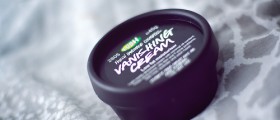


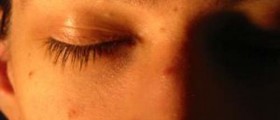


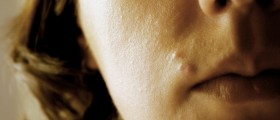
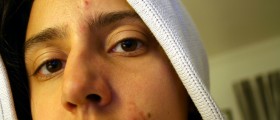

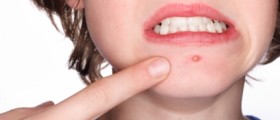
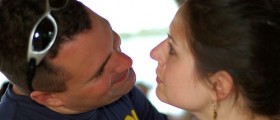

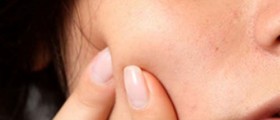


Your thoughts on this
Loading...